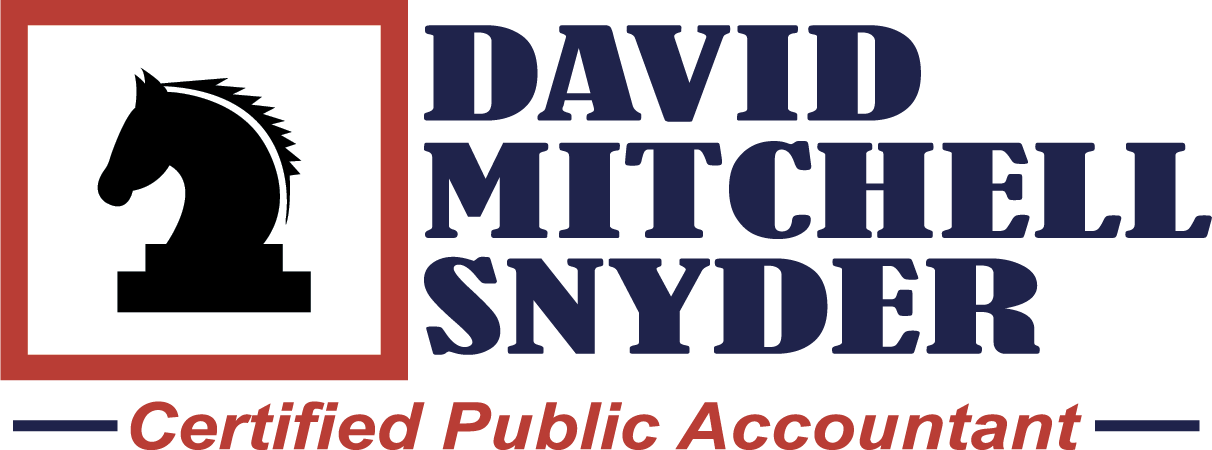THE TAX CUTS AND JOBS ACT: A Real Estate Perspective

Overall, the Tax Cuts and Jobs Act will benefit many taxpayers including homeowners, real estate investors, and real estate professionals. However, the act does reduce the tax benefits of homeownership and may cause some negative impact on real estate markets. In fact, the NAR is projecting overall 1% to 3% slower growth in home prices due to the passing of TCJA. However, some markets, particularly in high tax areas, may experience price declines as a result of the legislation’s restrictions on mortgage interest and state and local taxes.
On the plus side, an additional deduction of 20% of qualified business income was added to the Internal Revenue Code and most Real Estate Rental and Professional income will qualify for the deduction.
On the negative side, mortgage interest is more limited on new home acquisitions. Also, real estate taxes are included in the SALT (State And Local Taxes) category of itemized deductions that are limited to $10,000. To top it all off, as much as 80% of past itemizers will now take the standard deduction, further devaluing the tax benefits of home ownership.
Provisions Affecting Homeowners
Mortgage Interest Deduction
- The new law reduces the limit on deductible mortgage debt to $750,000 for new loans taken out after 12/14/17. Current loans of up to $1 million are grandfathered and are not subject to the new $750,000 cap.
- Homeowners may refinance mortgage debts existing on 12/14/17 up to $1 million and still deduct the interest, if the new loan does not exceed the amount of the old loan at the time of refinancing.
- The new law repeals the deduction for interest paid on home equity debt with one exception. Interest is still deductible on home equity loans (or second mortgages) if the proceeds are used to substantially improve the residence.
- Interest remains deductible on second homes, but subject to the $1 million / $750,000 limits.
Deduction for State and Local Taxes
- The new law limits the total of state and local property taxes and income or sales taxes to $10,000. This $10,000 limit applies for both single and married filers.
Standard Deduction
- The new tax law provides a standard deduction of $12,000 for single individuals and $24,000 for joint returns.
Provisions Affecting Residential Rental Real Estate
The new law expands the definition of eligible property to include depreciable tangible personal property used predominately to furnish lodging. This includes beds, furniture, appliances, and equipment used in living quarters of a lodging facility. A lodging facility includes an apartment, a house, and most any other real property rented out as lodging.
Provisions Affecting Commercial Real Estate
Like-Kind Exchanges
- The new tax law retains the old Section 1031 Like Kind Exchange rules for real property. However, It repeals the use of Section 1031 for personal property, such as art work, auto fleets, heavy equipment, etc.
Carried Interest
- The new law includes language requiring a 3-year holding period to qualify for capital gains treatment.
Depreciation
- The tax law replaces the separate definitions for qualified Restaurant, Leasehold, and Retail improvements with one definition of “Qualified Improvement Property. Qualified Improvement Property qualifies for 100% bonus Depreciation.
100% Bonus Depreciation
- The old 50% of cost limitation has been removed, so now 100% of a qualified asset’s purchase price can be expensed under the new bonus depreciation provision. The 100% deduction is now allowed for both new and used qualified property.
Section 179 Expensing
- The tax bill expands the definition of qualified real property eligible for section 179 expensing to include the following improvements to nonresidential real property: roofs; heating, ventilation, and air-conditioning property; fire protection and alarm systems; and security systems.
Historic Tax Credit
- The new tax law repeals the 10% credit for pre-1936 buildings but retains the 20% credit for certified historic structures.
Provisions Affecting Real Estate Professionals
Deduction for Qualified Business Income
Qualified Business Income from pass through entities now receives a 20% deduction, subject to some limitations. Pass through entities include Schedule C Sole Proprietorships, Form 1065 Partnerships, Form 1120S S-Corporations, and LLCs that file any of the above listed forms.
Real estate agents and brokers filing any of the above tax forms may generally claim the full 20% deduction.
Section 179 Expensing
- The new tax law increases the amount of qualified property eligible for immediate expensing from $500,000 to $1 million. 100% business use vehicles with Gross Vehicle Weight Ratings of 6,000 pounds or more qualify for full expensing.
Entertainment Expenses are no longer Deductible. Taxpayers may still generally deduct 50 percent of the food and beverage expenses associated with operating their trade or business (e.g., meals consumed by employees on work travel). The new law disallows deductions in connection to:
- An activity generally considered to be entertainment, amusement, or recreation;
- Membership dues with respect to any club organized for pleasure, recreation or other social purpose, and
- A facility or portion of a facility used in connection with the above items.
